Golden Retriever
Showing all 13 results
iHeartDogs is Your #1 Source for Golden Retriever Lover Gifts – Golden Retriever Shirts, Golden Retriever Sweatshirts, Golden Retriever Mugs, Golden Retriever Jewelry, Golden Retriever Memorial Products & More!
Each Purchase Helps Provides Donated Food to Shelter Dogs!
Since 2013, iHeartDogs has supported rescues and shelters through each purchase in our Golden Retriever gifts store. Shop golden retriever t-shirts for him, golden retriever shirts for her, golden retriever mugs, golden retriever hoodies & sweaters, golden retriever jewelry, and golden retriever pet memorial gifts.
In our iHeartDogs Dog Health Supplements store, you’ll find Hip & joint supplements for your golden retriever, golden retriever probiotics, CBD for golden retrievers, golden retriever allergy supplements & fish oil, and golden retriever dental chews & cleaners.
With the cost of veterinarian care skyrocketing, make sure you compare pet insurance plans for your golden retriever. In recent years, many new pet insurance companies have entered the market and pet insurance for your golden retriever has become more affordable.







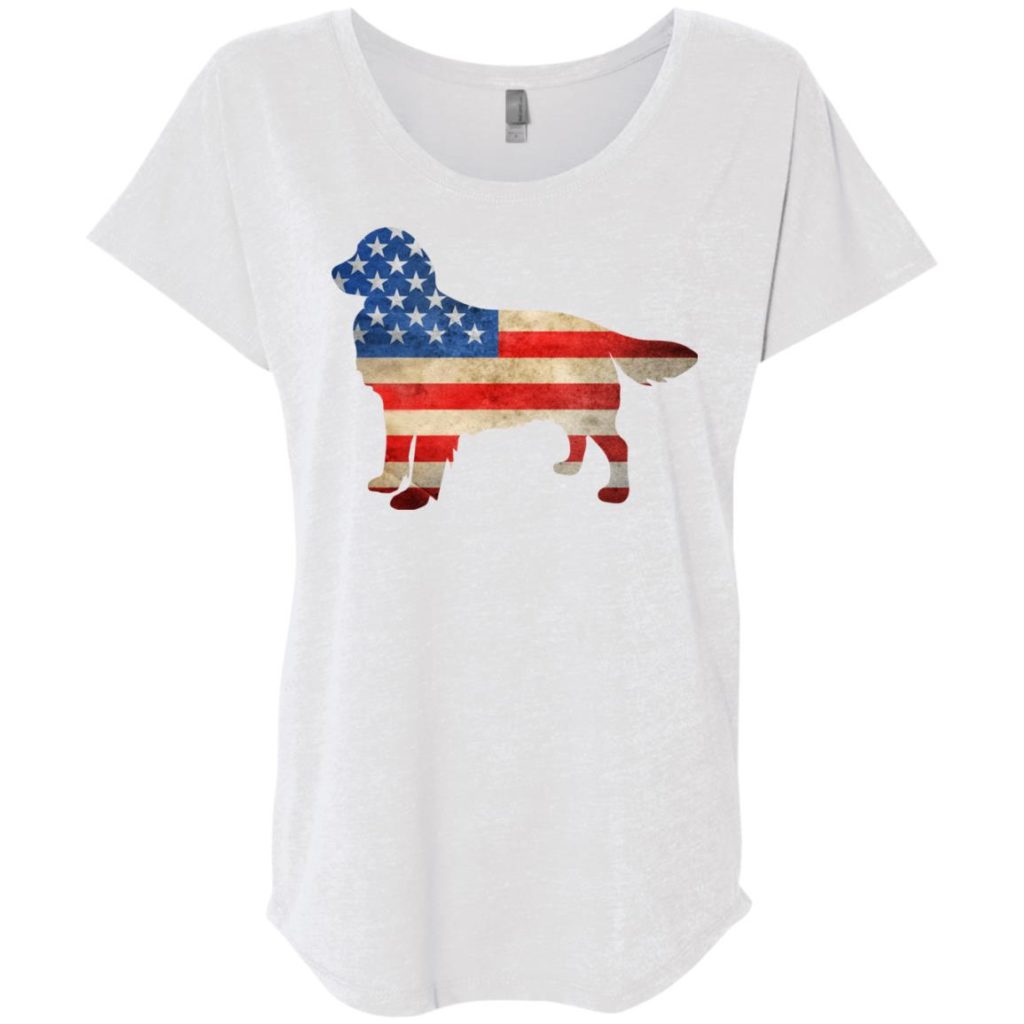



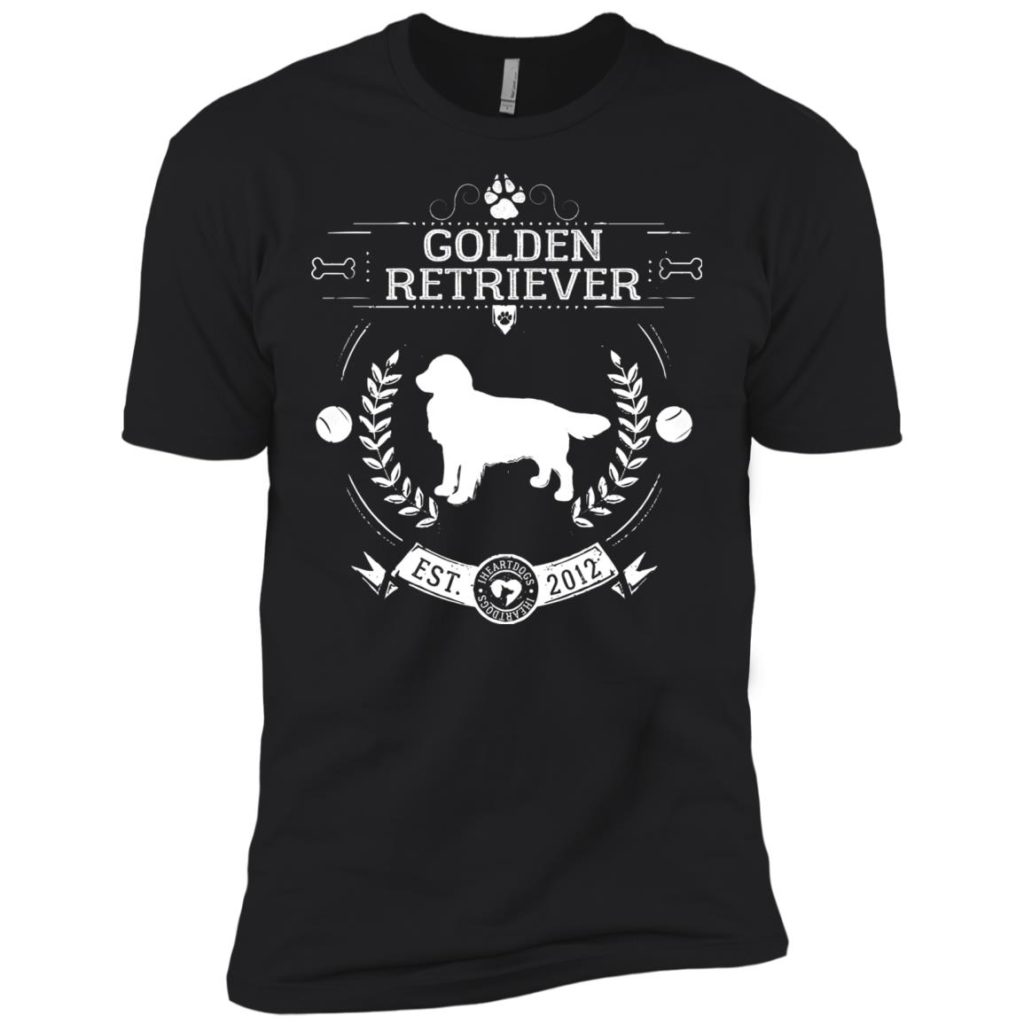
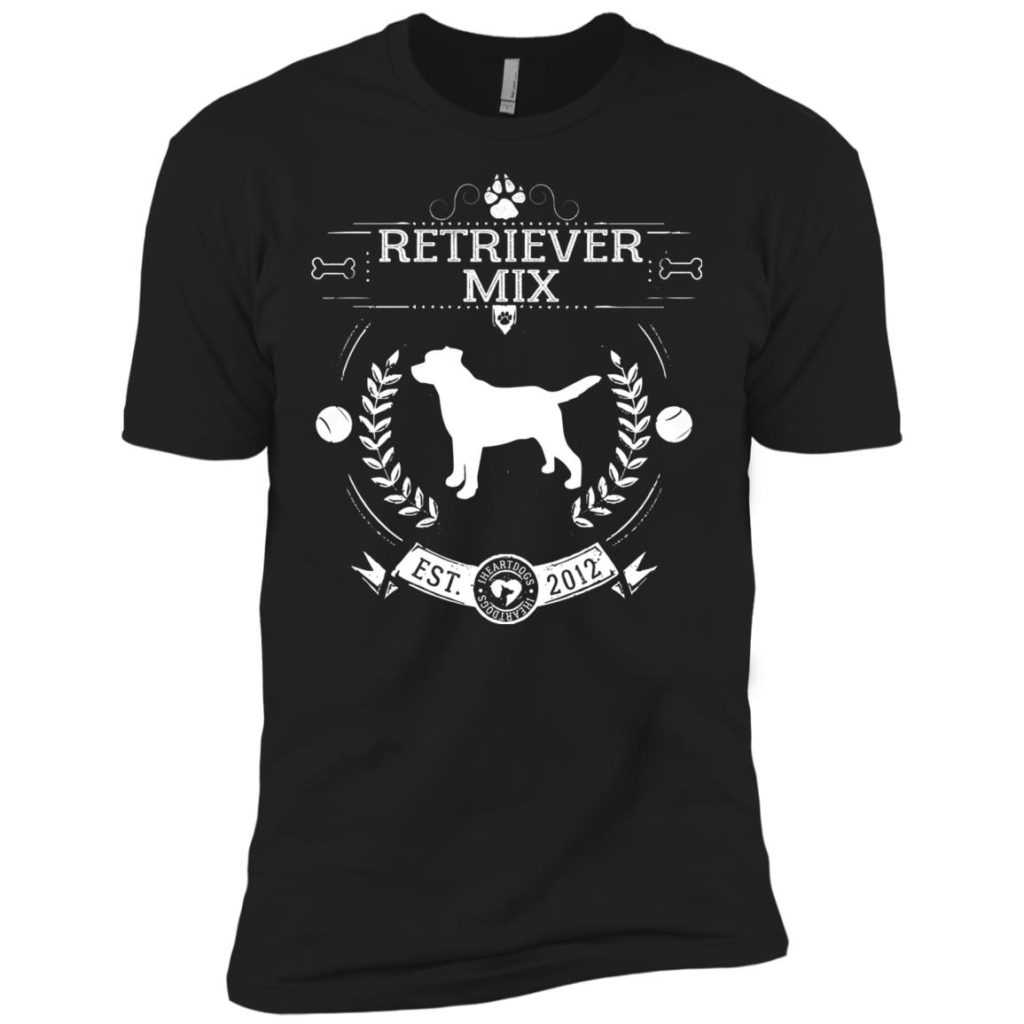

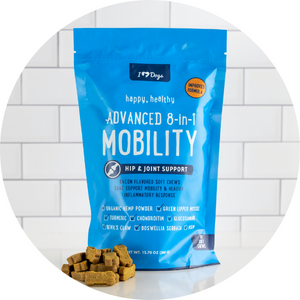

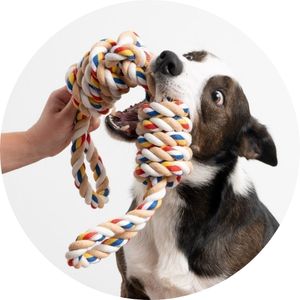




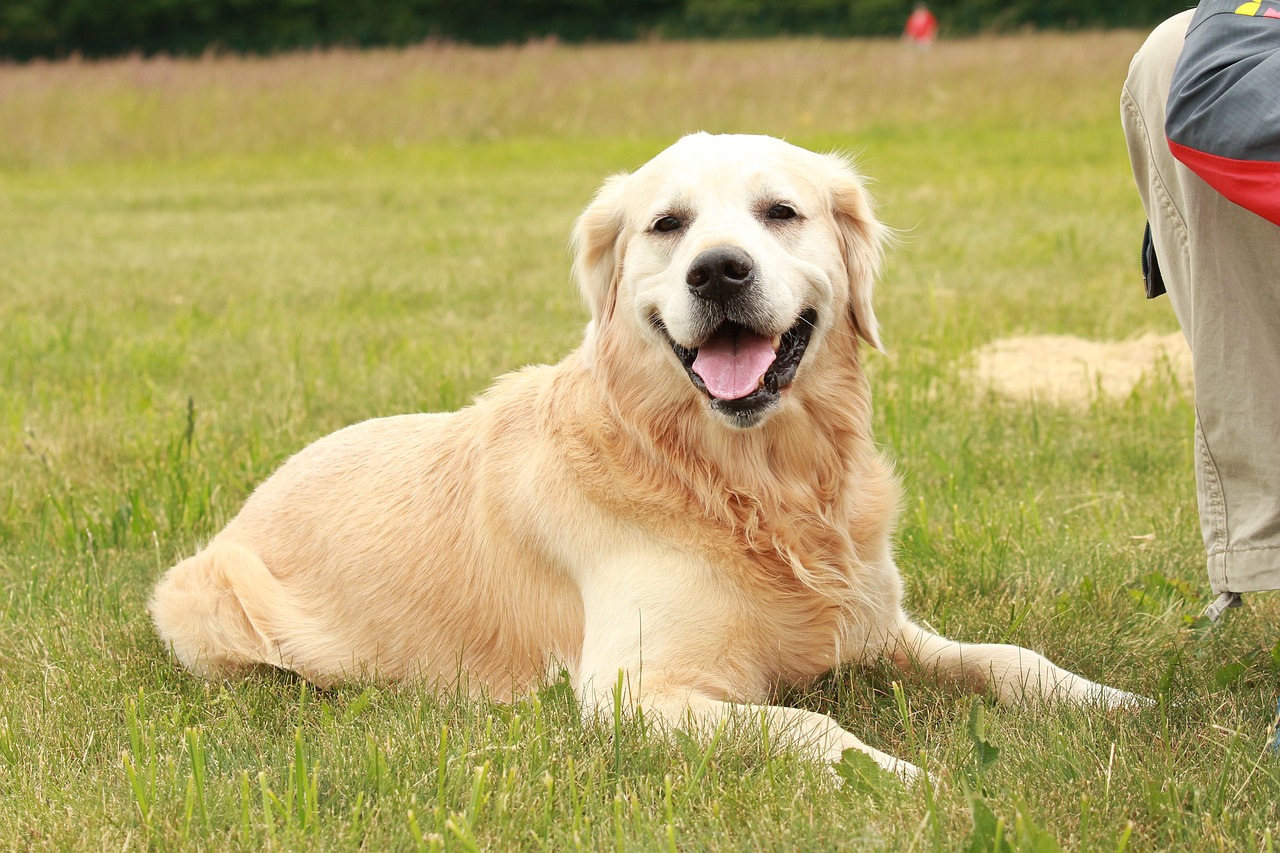
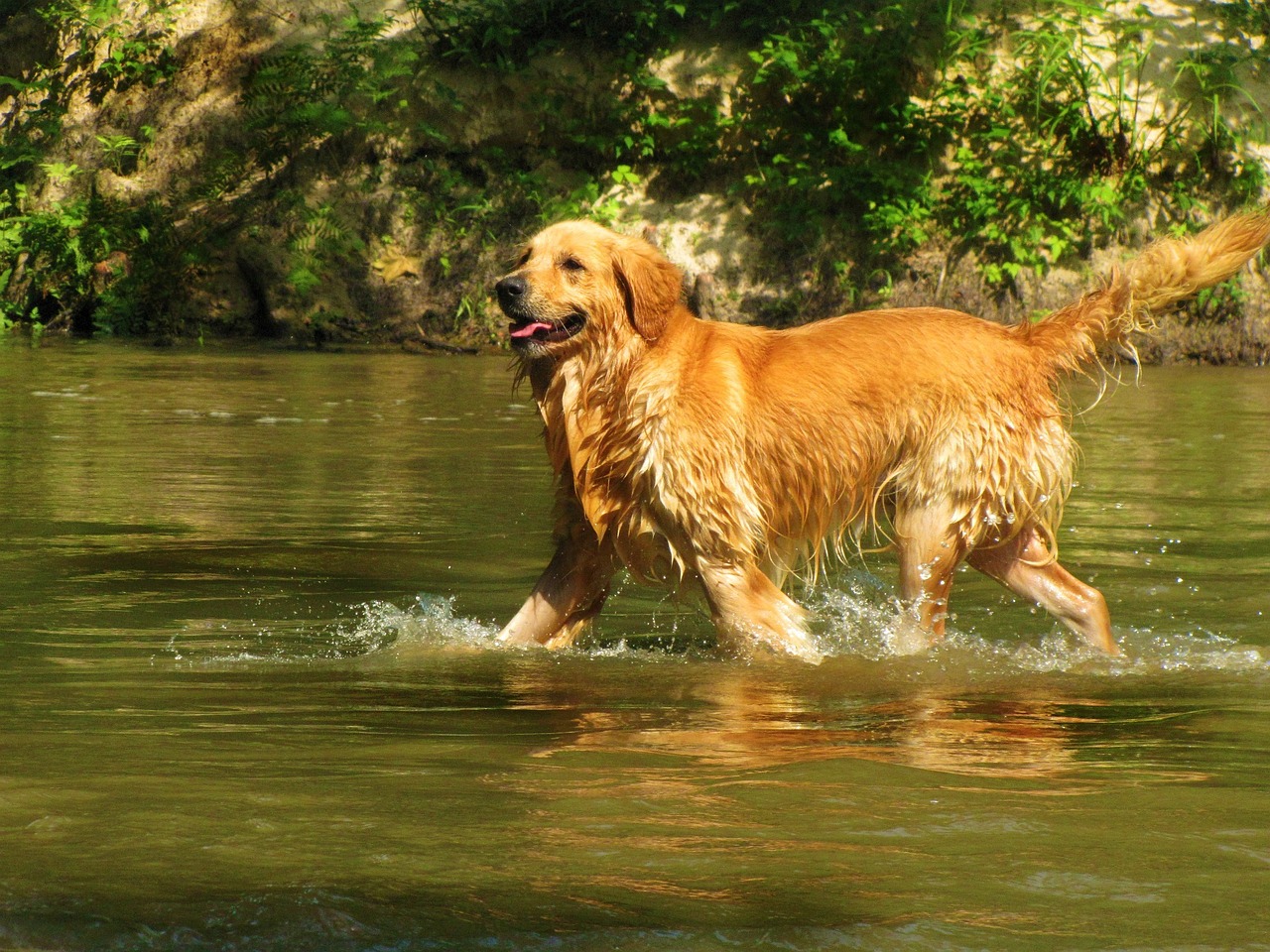






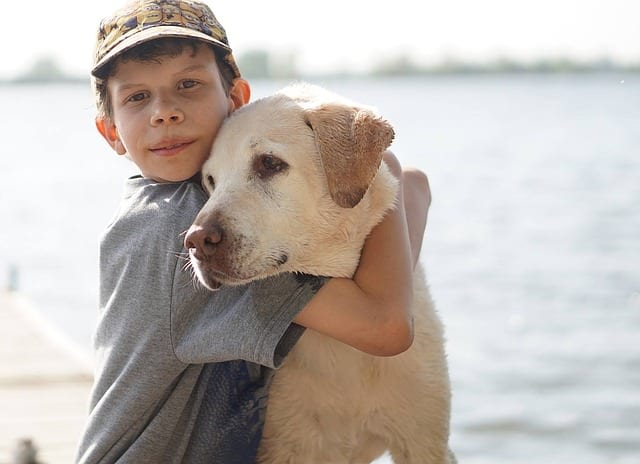
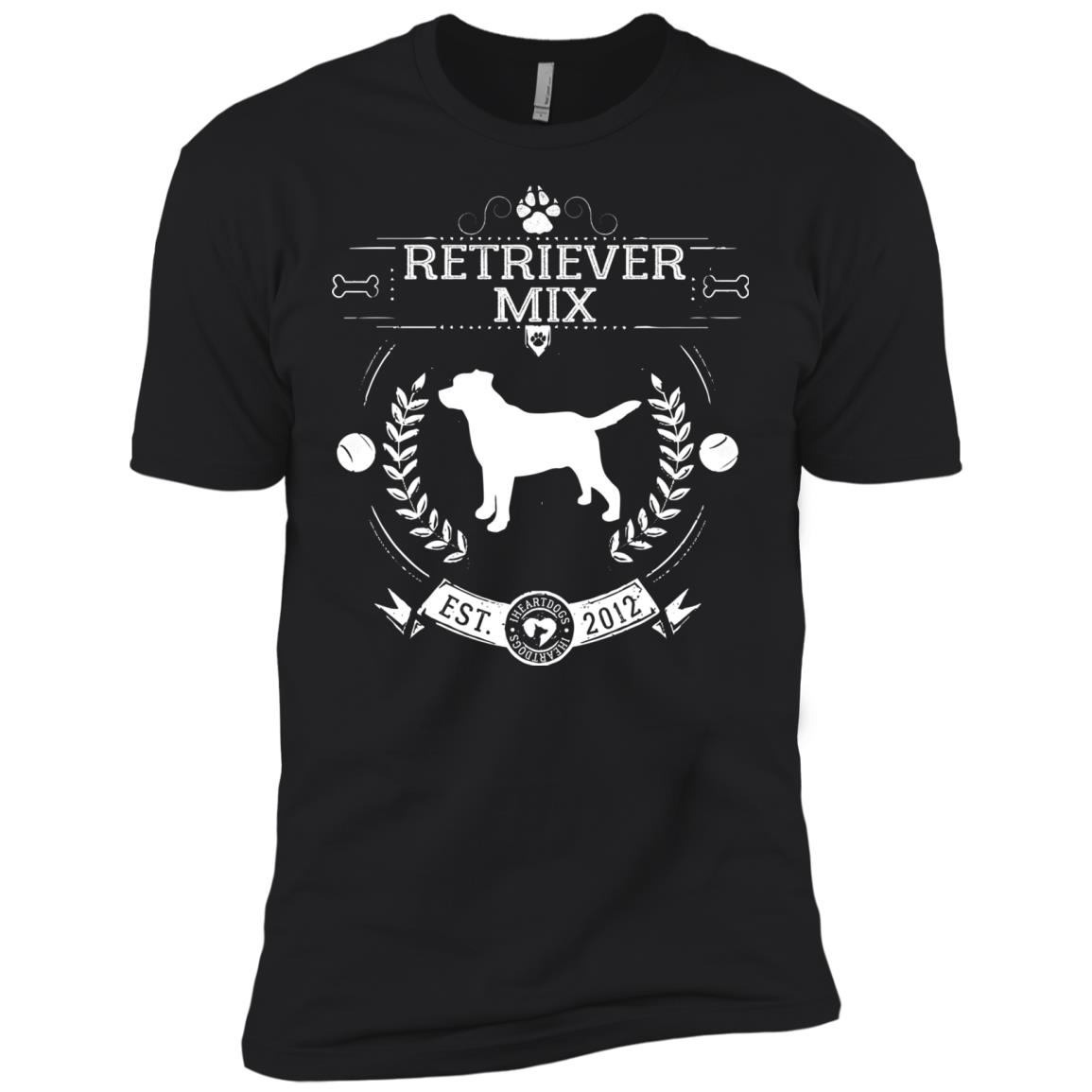
 Toledo, United States.
Toledo, United States.